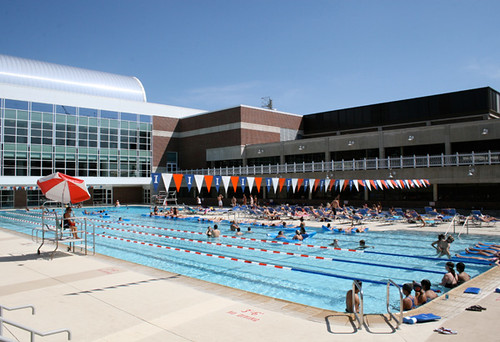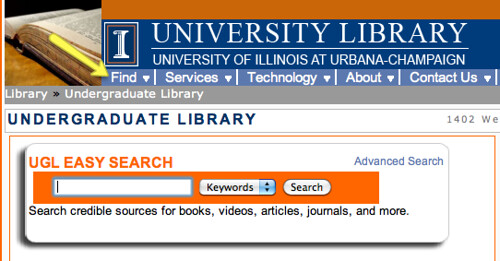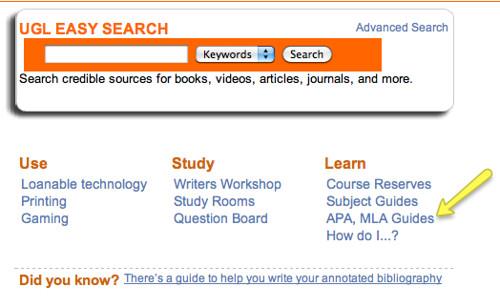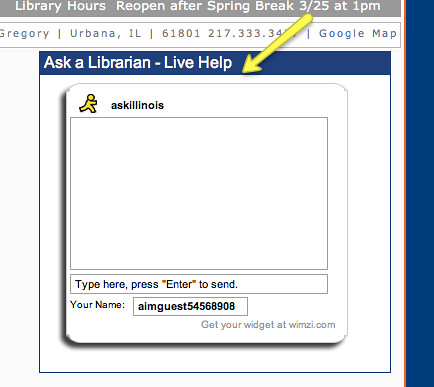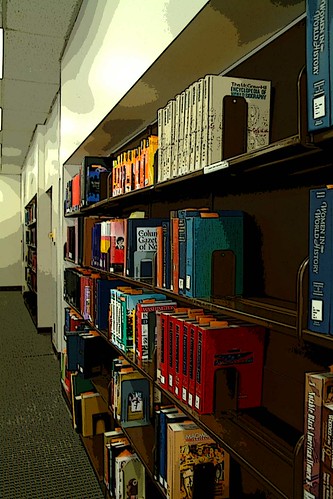April is National Poetry Month! Poetry can be a great way to express yourself, and some of the world’s greatest literary works take the form of poems. Celebrate this month of poets, rhythm, meter, metrical patterns, stanzas, alliteration, diction and form by learning about one of the library’s many poetry resources.
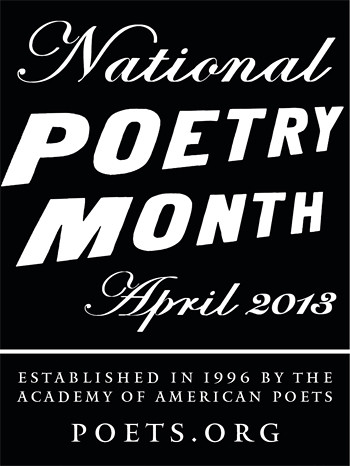
Online Resources
- MLA International Bibliography
This database is your first stop for literary criticism and analysis of novels, short stories, poems, etc.
- Literature Resource Center
This database is a bio-bibliographical guide to writers in fiction, general nonfiction, poetry, journalism, drama, motion pictures, television, and other fields. It’s searchable by name, title of work, subject/genre, nationality, date and place of birth, honors, awards and more. - Contemporary American Ethnic Poets: Lives, Works, Sources
This one-stop guide to 75 contemporary American poets from 12 different ethnicities includes biographical sketches, thematic discussions, and more.
- Greenwood Companion to Shakespeare Vol. 4: The Romances & Poetry
This nifty tool has prose interpretations of Shakespeare’s sonnets! - Greenwood Encyclopedia of American Poets & Poetry
Separated into 5 volumes, this handy encyclopedia lists both author and poem topics alphabetically, making it easy to locate info on a specific writer, or find sweet poetry about everything from the Black Arts Movement to Visual Poetry. - Thematic Guide to British Poetry
This guide offers interpretations of 415 poems, representing the work of over 110 poets spanning seven centuries of British poetry. - Poetry Tool
Online archive of full text poetry with a robust search engine. It also includes numerous articles, podcasts, and audio on poets and poetry, brought to you by the Poetry Foundation.
Books & More
You can also search the library catalog by poem title, author or genre for books of poetry and books about poetry and poets. If you’re looking for some recommendations, check out our Poetry! Pinterest Board. And if you’re really feeling inspired, sign up to receive a Poem-A-Day via email, courtesy of Poets.org.
Still not finding that perfect poetry source? Ask a Librarian for help, and poetic justice shall surely be yours!



